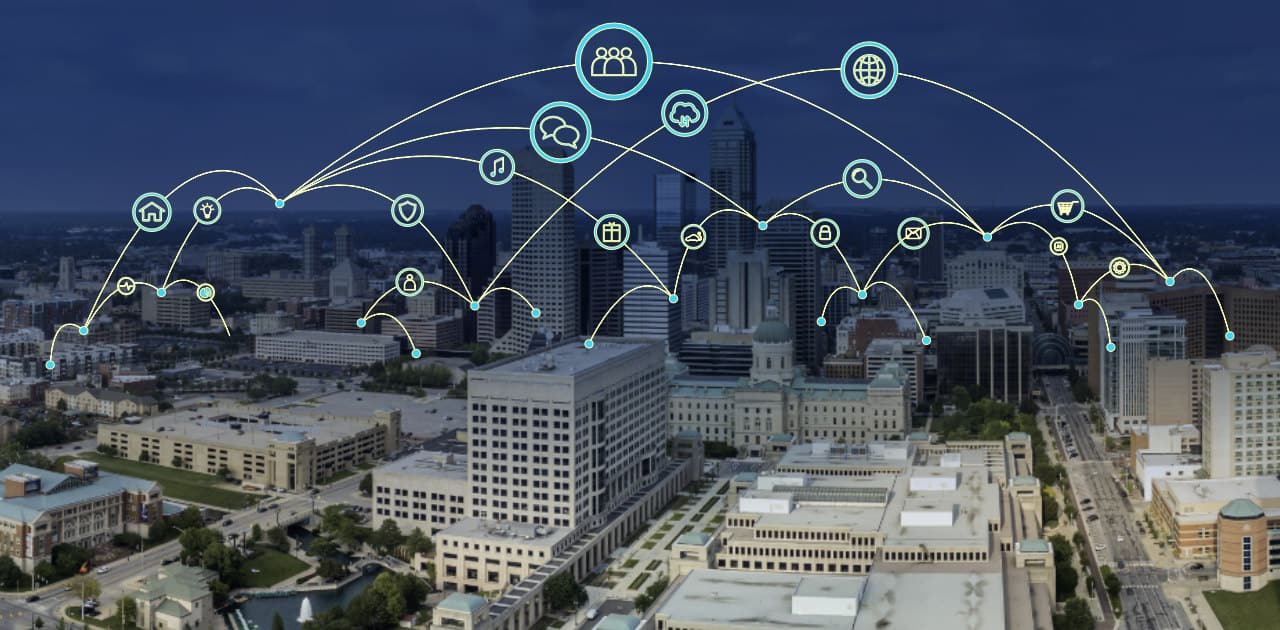Posted on May 3, 2022

A network consulting engineer goes beyond a typical IT operations role and is responsible for planning, and designing a building’s technical networks. Those networks can include voice networks—like PA systems or telephones. Or they can consist of Internet-based networks for data, such as Voice over IP (VoIP), sensors, servers, audiovisual systems, computers, and smart devices like thermostats and security systems.
A network consulting engineer is typically only brought in during special projects, like installing a new network or overhauling an existing one. During this network installation, they’re probably working with various network technologies, often from different eras, and working with teams of contractors, architects, engineers, and building managers to enhance a building’s network configurations.
Network consulting engineers usually work with clients who need to review, identify, and analyze complex networks.
It’s not impossible, but a network consulting engineer is usually not on-site day-to-day managing servers, fixing computers, or troubleshooting minor issues like an IT department is. Depending on the size of the network, a building might employ a network engineer to maintain day-to-day operations. But a network consulting engineer is there to offer technical knowledge and expertise for the efficient configuration and setup of new technologies.

Understanding network operations
Complex networks in the course of R.E. Dimond and Associate’s work entails Internet of Things (IoT) and Internet of Building (IoB) network configurations.
As R.E. Dimond’s Vice President of Information and Communications Technology, I spoke recently about the coming trends in building technology, specifically around sensors. As a consulting engineer, it’s my job to help clients make buildings smarter.
There are several strategies and new technologies customers—and cities—can use to make their buildings work smarter:
- Using automated timers and sensors to detect when lights should turn on or off accurately.
- Internet-connected security alarms and sensors to reduce false positives and improve response times.
- Internet-connected thermostats that accurately set the temperature inside a building based on forecasted temperatures.
- Sensors to detect how many people are in a room or passing through a space or location.
- Location-based humidity or air quality sensors.
Other network operations go beyond whole-building comfort, too. Schools can use sensors in hallways to detect smoke or vapor. Jails and police stations can use sensors to listen for specific words, like “Help!” and alert security to people who might be in places where cameras aren’t, such as in bathrooms, closets, or basements.
Improving building efficiency and systems through the web
There are millions of devices being installed every day by network consulting engineers inside and around buildings. These sensors, cameras, lights, alarm pads, water systems, and more are saving customers money and the world valuable energy resources.
This Internet of Buildings is the next generation of what consulting engineers have been doing for a generation: adding smart new technology to buildings to improve connectivity and efficiency.
Our team of consulting engineers can help with significantly more complex systems but often using existing networking. For instance:

Vice President Information and Communications Technology
- Using existing phone systems to operate security systems and distribute alerts through keypads.
- Extending wired and wireless WiFi networks to accommodate special needs and bandwidth, like synchronizing audio and video feeds in a theatre.
As data needs through AI, Machine Learning (ML), and just higher demands from video streaming and bandwidth increase, so will the need for smarter processes and technology in our cities, streets, and buildings.
Get support for your next network upgrade or IoB deployment. Contact me at james.darnell@redimond.com or call 317.634.4672.
